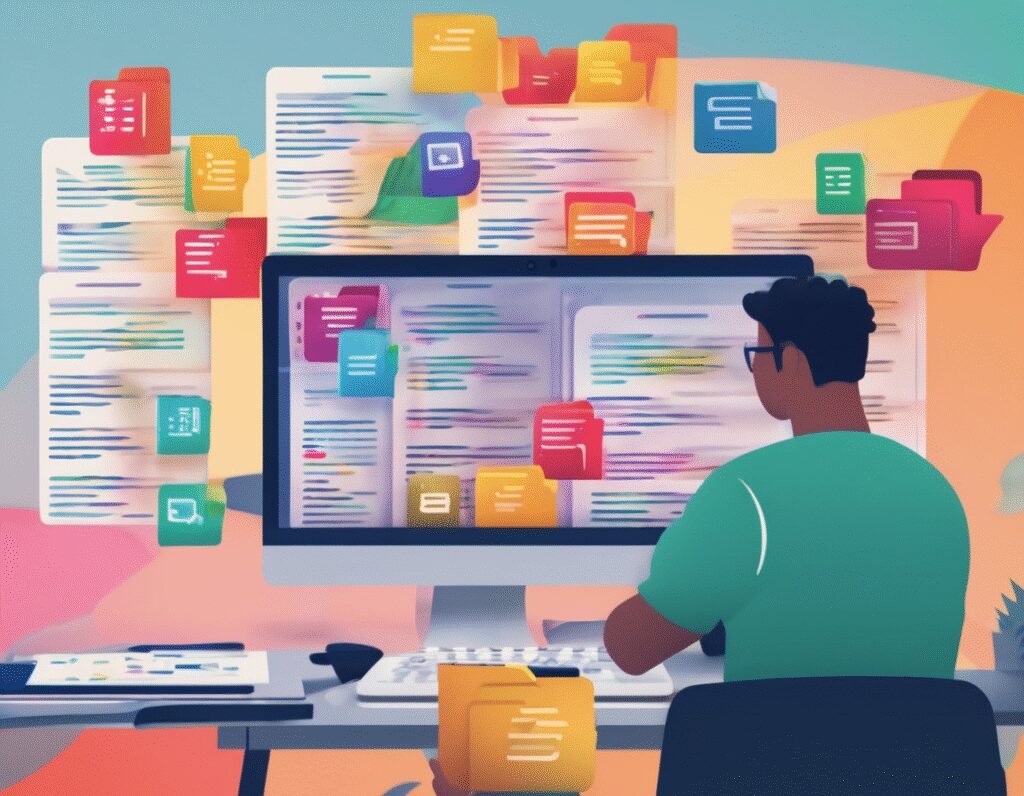OpenAI is making its Projects feature available to users on the free tier of ChatGPT. This organizational tool, which was previously a perk reserved for paying subscribers, allows users to group their chats with the AI assistant around specific topics.
While at its core Projects function as folders for conversations, the feature offers more advanced capabilities that appeal to power users. It allows for setting custom instructions that dictate how the AI should respond within that project. Users can also limit the specific information and files the model can reference, creating a more controlled and context-aware environment for different tasks.
As part of this rollout, OpenAI is also increasing the overall file upload limits for Projects. Free account holders will be able to add up to five files for the AI to reference. This is a step up from the previous free tier limits. For paying customers, the capacity is significantly higher. Plus subscribers can upload 25 files, and those on the Pro plan can include 40 files in a project. All users, regardless of subscription status, will have the ability to customize their projects with different colors and icons for easier visual identification.
This move continues a pattern for OpenAI, which has a history of gradually making premium features available to its free user base. Tools like the Deep Research function and the conversational ChatGPT Voice feature both started as exclusives for subscribers before eventually being released to everyone. This strategy of offering a previously paid feature, albeit with some limitations, serves as an incentive for free users to upgrade to a paid plan for a better experience.
A similar logic was applied with the release of the new GPT-5 model, which was made available to all users at launch. However, free users face much stricter limits on how many times they can interact with the more powerful model, creating a clear value proposition for the paid subscriptions.
The Projects feature is now accessible for free users on the ChatGPT website and within the Android application. OpenAI has stated that support for the iOS app will be added in the coming days.

